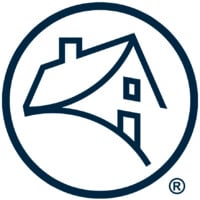
Nasdaq
At Nasdaq, our purpose is to advance economic progress for all. We power stronger economies, create more equitable opportunities, and contribute to a more sustainable world to help our communities, clients, employees, and people of all backgrounds reach their full potential. Meet the #NasdaqFam and learn about our purpose, culture and careers here: https://www.nasdaq.com/about/careers






